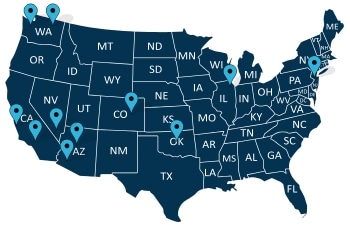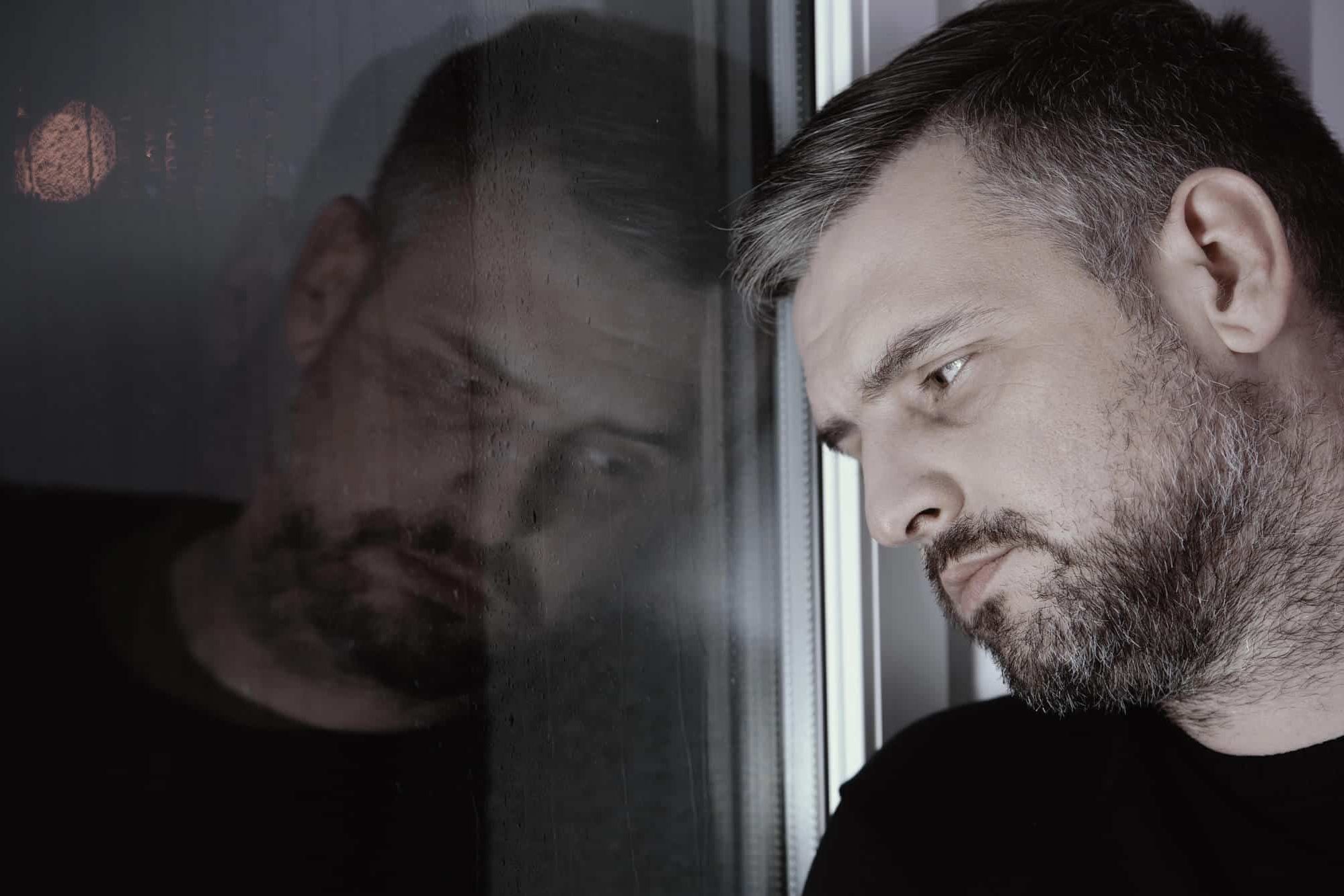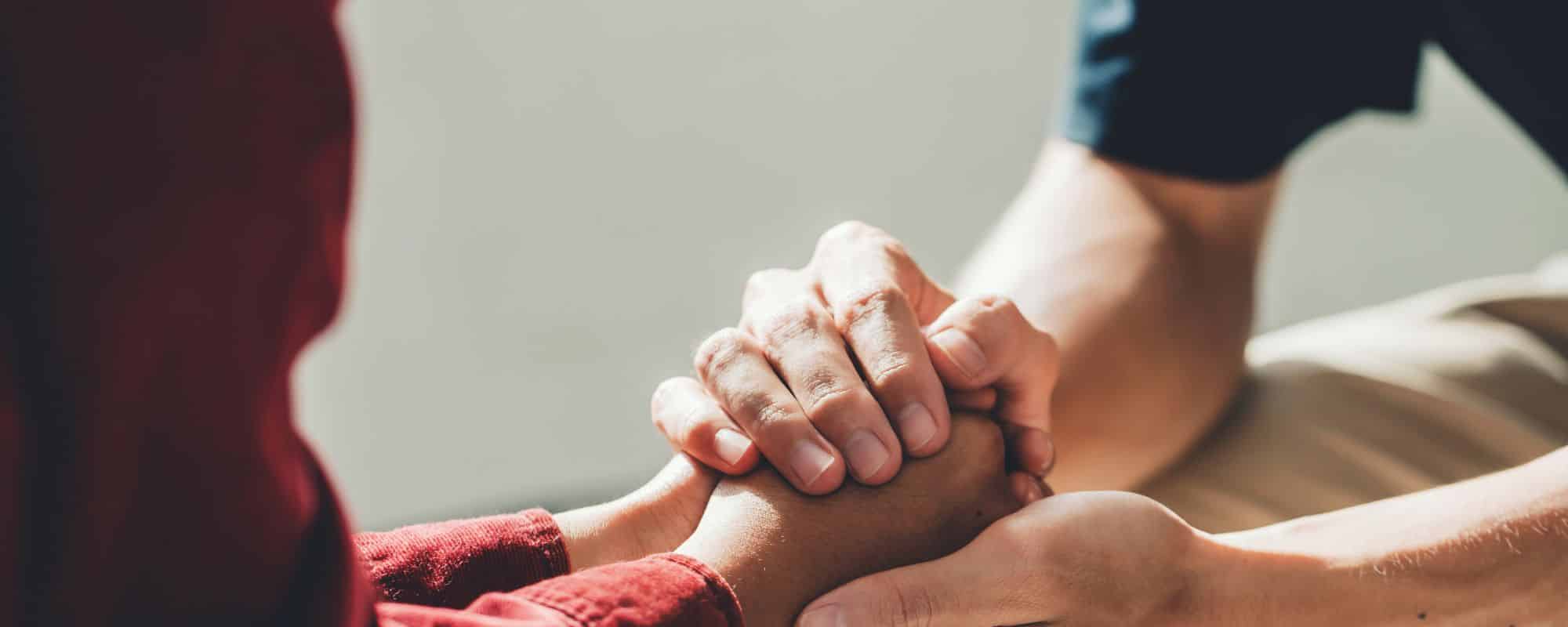Farmapram is often referred to as “Mexican Xanax,” and it has gained popularity as an alternative treatment for anxiety and panic disorders. While both Farmapram and Xanax contain the same active ingredient, alprazolam, there are important differences in their manufacturing, regulation, and safety profiles. Understanding these distinctions is crucial for anyone considering Farmapram as a treatment option. This blog will explore what Farmapram is, its effects, potential side effects, and the safety concerns associated with using this medication.
What Is Farmapram?
Farmapram, commonly referred to as “Mexican Xanax,” is the brand name for alprazolam, a benzodiazepine prescribed in Mexico for anxiety and panic disorders. This medication works by enhancing the effects of GABA, a neurotransmitter that calms the central nervous system, providing relief from symptoms of anxiety, stress, and excessive worry. While Farmapram shares the same active ingredient as Xanax, it is less regulated, making it more accessible but also potentially dangerous due to the risk of impurities and incorrect dosages. Historically, benzodiazepines like alprazolam have been widely used to treat anxiety disorders, but their misuse has led to concerns about addiction and dependence. Understanding the effects and risks associated with Farmapram is essential for anyone considering it as a treatment option for anxiety.
Where Does Farmapram Come From?
Farmapram is a brand of alprazolam primarily produced in Mexico and commonly referred to as “Mexican Xanax.” This medication is used to treat anxiety and panic disorders by enhancing the calming effects of GABA in the brain. While it offers similar benefits to Xanax, Farmapram is less regulated, which can lead to risks such as impurities and varying dosages. Understanding its origins and potential dangers is essential for anyone considering its use.
Is Farmapram Xanax?
Farmapram, often called “Mexican Xanax,” and Xanax are both brand names for the same generic drug, alprazolam. They are prescribed to treat anxiety and panic disorders by enhancing the calming effects of GABA in the brain. While both medications serve similar purposes, they differ significantly in manufacturing and regulation. Farmapram is produced by Ifa Celtics in Mexico, where it is less regulated, potentially leading to variations in quality and safety. In contrast, Xanax is manufactured by Pfizer in the U.S. under strict FDA guidelines. Understanding these differences is essential for anyone considering Farmapram or Xanax for managing anxiety.
Is Farmapram Addictive?
Farmapram can be addictive, as it is a benzodiazepine that may lead to both physical and psychological dependence, especially with long-term use. Regular use can result in increased tolerance, meaning users may require higher doses to achieve the same calming effects. If someone suddenly stops taking Farmapram, withdrawal symptoms can occur, making it essential to use this medication only under medical supervision. Recognizing Farmapram’s side effects and the risks associated with Farmapram addiction is vital for safely managing anxiety disorders and ensuring effective treatment.
What Are the Dangers of Farmapram Addiction?
The dangers of Farmapram addiction are significant and can lead to serious health issues. Users may develop physical and psychological dependence, requiring higher doses to achieve the same effects. Withdrawal symptoms can be severe, including increased anxiety, depression, and even psychosis, making professional support crucial for safe recovery.
Additional dangers of Farmapram addiction include:
- Increased Anxiety: Paradoxically, prolonged use can heighten anxiety levels, especially during withdrawal, leading to rebound anxiety that may persist for years.
- Severe Depression: Chronic misuse can exacerbate feelings of despair and suicidal thoughts, particularly in individuals with a history of depression.
- Psychosis: Long-term abuse may cause hallucinations, paranoia, and a disconnection from reality, necessitating immediate medical intervention.
- Cognitive Impairment: Users may experience memory loss and difficulty concentrating due to the drug’s effects on neurotransmitters.
- Risk of Overdose: Combining Farmapram with other depressants like alcohol can lead to life-threatening respiratory depression or coma.
Recognizing these dangers is essential for anyone considering or currently using Farmapram.
Check Out Aliya’s Network to Find a Treatment Center Near You!
Self-Assessment: Am I Addicted?
"*" indicates required fields
Contact Us
Ready to Get Help? Get in Touch Today.
"*" indicates required fields
What Is Farmapram Withdrawal?
Farmapram withdrawal occurs when a person who has been using the medication suddenly stops or reduces their dosage. This can lead to various withdrawal symptoms as the body adjusts to the absence of the drug. Common signs of Farmapram withdrawal include:
- Severe anxiety and panic attacks
- Insomnia and restlessness
- Muscle tremors and seizures
- Heart palpitations and high blood pressure
- Increased irritability and mood swings
Anxiety Treatment Options
Alprazolam, commonly known for treating anxiety, is not the only option available. There are effective anxiety treatment options that do not involve medication. Here are some common treatment options:
research-based Psychotherapy for Anxiety: research-based psychotherapy is a highly effective approach for treating anxiety, focusing on identifying and changing negative thought patterns that contribute to anxious feelings. These structured therapies are designed to help individuals develop healthier coping strategies, leading to lasting improvements in managing anxiety symptoms and enhancing overall emotional well-being. Here are some commonly used research-based therapies:
- Dialectical Behavior Therapy (DBT)
- Acceptance and Commitment Therapy (ACT)
- Mindfulness-Based Cognitive Therapy (MBCT)
- Emotion-Focused Therapy (EFT)
- Eye Movement Desensitization and Reprocessing (EMDR)
- Interpersonal Psychotherapy (IPT)
- Solution-Focused Brief Therapy (SFBT)
- Exposure Therapy
- Family Therapy
Holistic Treatment for Anxiety: Holistic approaches, such as mindfulness, yoga, and relaxation techniques, focus on the whole person. These methods help reduce stress and promote emotional well-being without relying solely on medications. Exploring these alternatives can enhance overall mental health and improve quality of life. Other holistic approaches include:
- Mindfulness meditation
- Nutritional and herbal supplements
- Hypnosis
- Exercise
- Yoga
- Deep breathing
- Aromatherapy
- Sleep hygiene
- Journaling
- Relaxation techniques
Benzodiazepine Addiction Treatment at Vogue Recovery Centers
At Vogue Recovery Centers, benzodiazepine addiction treatment focuses on a comprehensive and individualized approach. Our facilities provide medically supervised medical detox to ensure safety during withdrawal. We incorporate levels of care and research-based therapies, such as cognitive behavioral therapy (CBT) and group counseling, to address both anxiety and addiction. Additionally, we offer holistic treatments that promote overall well-being. Our residential treatment, outpatient treatment, medication-assisted treatment, dual diagnosis, sober living, and professional treatment programs are run by people who care.
Mexican Xanax bars are not safe to use, especially if you struggle with drug and alcohol addiction. Our dedicated substance abuse staff at our drug treatment centers support patients through every step of their addiction and mental health treatment recovery journey, emphasizing the importance of a tailored plan that meets each individual’s unique needs for lasting sobriety and improved mental health. Contact Vogue Recovery Center today to verify your insurance and get started on the road to recovery.
Questions about treatment options?
Our admissions team is available 24/7 to listen to your story and help you get started with the next steps.
References
- Large amount of anxiety pills seized at the Falfurrias Checkpoint | U.S. Customs and Border Protection
- Alprazolam – StatPearls – NCBI Bookshelf
- Treatment of Benzodiazepine Dependence | New England Journal of Medicine
- F.D.A. Requires Stronger Warning Label for Xanax and Similar Drugs – The New York Times
- The benzodiazepine withdrawal syndrome – PubMed
- Benzodiazepines – StatPearls – NCBI Bookshelf
- Anxiety disorders – Diagnosis and treatment – Mayo Clinic
- Benzodiazepine Toxicity – StatPearls – NCBI Bookshelf
Dr. Anjali Talcherkar
Latest posts by Dr. Anjali Talcherkar (see all)
- Finding the Best Rehab in Las Vegas: A Guide to Recovery Options - October 13, 2025
- How Long Does Substance Abuse Counseling Take? - June 9, 2025










